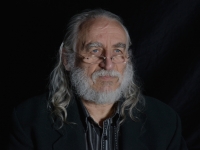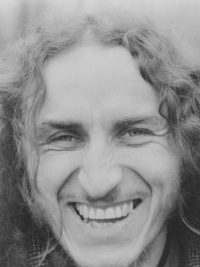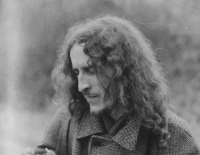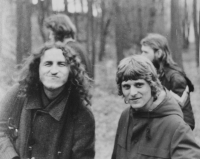Out of external lack of freedom, I found true inner freedom in faith

Download image
Oldřich Kučera was born on November 20, 1950 in Prostějov and grew up in Moravian Beroun in the Sudetenland. In his youth, he found a passion for photography that accompanied him all his life. He trained as an electrician, worked at Granitol, but his conventional life did not fill him. He took refuge in underground culture, went to music festivals and made contacts in the hippie community in Czestochowa in Poland. He got a job as a photographer at the Department of Forensic Medicine at the Olomouc University Hospital. In search of the meaning of life, he found God, converted to Christianity and joined the lively community of Catholics in Olomouc. Subsequently, he reproduced religious literature by samizdat and also smuggled it with the help of his future wife Eva Osietska from Poland. He got under the spotlight of the State Security, which monitored him as an enemy of the third degree of danger; he was arrested, detained and interrogated several times. He took part in actions in support of the unjustly prosecuted and was persecuted for it. His passport was confiscated and he continued to cross the border illegally to see his companion Eva to Poland. When his passport was returned to him in 1988, he traveled to France and Germany, among other places, where he met personalities of the Czech exile. He also went to Rome for the canonization of Agnes of Bohemia. During the November demonstrations in 1989 in Olomouc, he performed with a guitar and joined the Civic Forum. After the revolution, he devoted himself mainly to his family, working for a long time as an electrician at a sawmill in Pavlovičky and for three years he went back to work as a photographer in the forensic medicine department.



